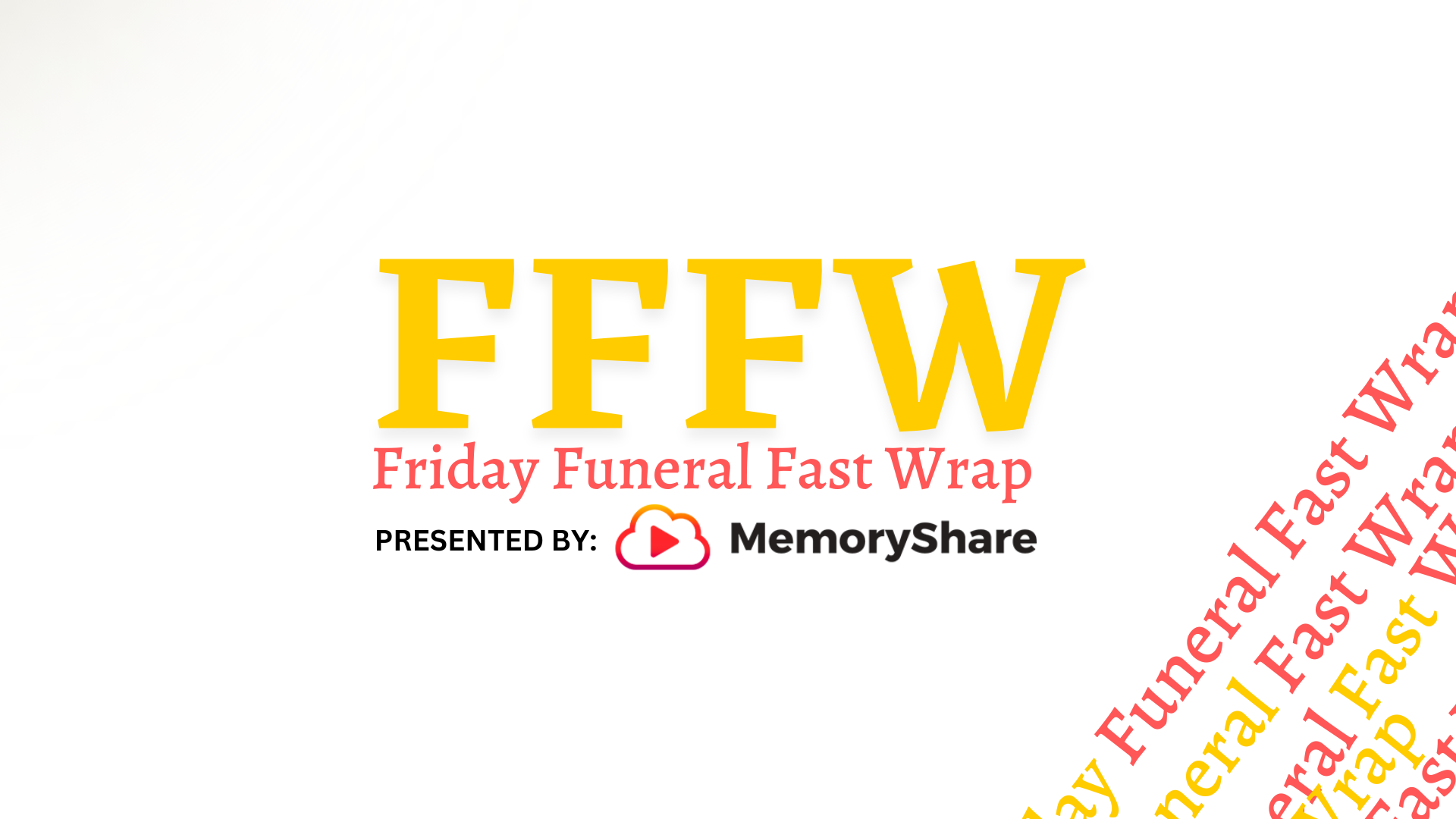Reuse and recycle graves?
 Given a grave shortage of burial plots, Vancouver is asking residents how they’d feel about recycling the space used for burying loved ones.
Given a grave shortage of burial plots, Vancouver is asking residents how they’d feel about recycling the space used for burying loved ones.
B.C. regulations don’t permit graves to be reused, except by family members. But it’s a common practice in Europe and Asia, Glen Hodges, manager of the city-owned Mountain View Cemetery, said Monday.
Reuse involves removing — with family permission — whatever remains are left in a grave, which is typically very little. The grave is dug a little deeper, the remains returned to it and fresh remains placed on top.
Graves can also be shared by unrelated parties in other countries.
“Under current legislation, to do it with family members is fine, but to do it with strangers is not permitted,” said Hodges.
“As cemeteries start to fill up and their space becomes limited, it’s one of the questions cemeteries start asking. But it’s up to the provincial regulators and the regulatory authority to look at that.
“As you can imagine, it’s not the kind of topic that people really want to talk about and think about.”
Hodges said that for at least 80 years, Mountain View Cemetery has allowed families to reuse graves for casket burials.
“That means that 40 years after a casket is buried, if a family wants to bury another casket, we’ll let them,” he said. “We go into the grave, with their permission, remove whatever remains are left, which is typically very little, place it a little bit deeper in the grave and now it’s ready for a new casket.”
Hodges said the space to bury caskets is a dwindling commodity at many Greater Vancouver cemeteries. Mountain View ran out in 1986.
“When you buy a grave in many parts of Europe, you buy it for a limited time, maybe 10 to 20 years,” he added. “After that, the family’s required to re-purchase the grave space or, if they don’t, the remains are removed and placed in another building and the grave is re-sold.”
Hodges said it’s a “poor financial model” for the city to sell something once and then be obligated to carry the cost of maintaining it forever.
“It’s getting over that emotional and very personal and historical idea that you get your cemetery space forever,” he added. “Now it’s one of the things that starts to get talked about a bit: ‘Is there a different way?'”
One option might be to sell an internment right away to two different people who didn’t mind sharing a space, he said.
“Then if we could access that space again in 40, 60, 100 years, after most of the remains had returned to their core element, that would offer another future opportunity for the cemetery to recover some funds to help pay for the maintenance down the road,” he said.
Mountain View Cemetery did a construction project in 2008 to create above-ground space for cremated remains.
Hodges said there are between 1,700 and 1,800 of those available.
The cemetery is also in the process of “reclaiming” about 200 grave sites that were bought before 1940 and which have never been used.
The city recently commissioned a Mustel Group survey asking residents their views on issues relating to Mountain View Cemetery.
Evi Mustel said the poll asked: “In many parts of the world graves are used multiple times over, for a long period of time, to make burial more sustainable. Is this a practice that would be acceptable to you?”
Source: Theprovince.com
Photograph by: Gerry Kahrmann, PNG, The Province



